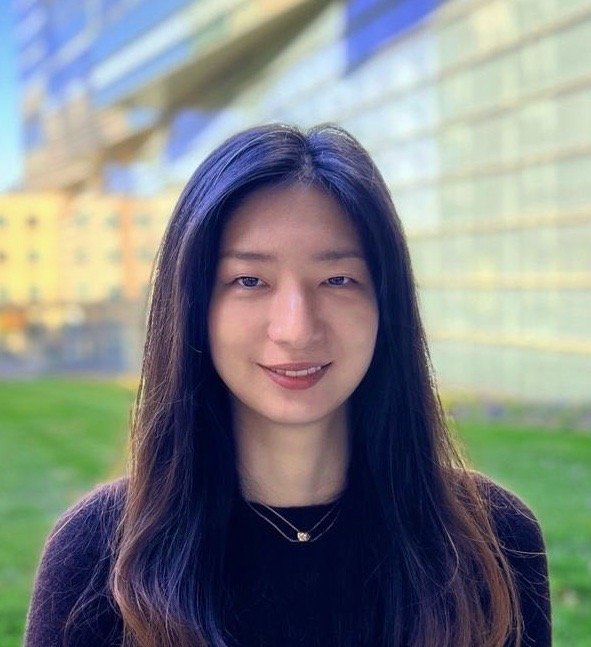HiJee Kang, Ph.D.
Meet the Researcher
Kang received her doctorate in cognitive science from the École Normale Supérieure in Paris. She is a postdoctoral fellow in the Kanold Laboratory in the department of biomedical engineering at Johns Hopkins University. Kang’s 2024 Emerging Research Grant was generously funded by Royal Arch Research Assistance, renewed for a second year in 2025.
Understanding how humans rapidly learn and encode new acoustic features to perceive sounds has been one of my main research interests throughout my career. While I have extensively explored the topic from human psychophysics and neuroimaging, I have always hoped to delve into neural mechanisms at a cellular level. I have found optical imaging to be an ideal method for studying relevant cortical processing at a population level, especially for complex sounds. Our goal is to acquire a comprehensive understanding of the neural circuits involved in learning new sounds in a healthy young population as well as to characterize altered neural circuits caused by aging.
While playing music was a significant part of my childhood, I majored in economics and psychology as
an undergraduate. My study of psychology reignited my passion for experimental science to understand human behavior and perception. It was during this time that I made a life-changing decision to become a scientist. I discovered that I could channel my lifelong curiosity, reminiscent of my time as a musician, into scientific exploration, in order to understand how we perceive sounds: why we appreciate certain sounds but not others, how we parse sound mixtures, and what actually happens in our brains to process all these complicated sounds at once.
During my studies I came to understand why my grandmother disliked wearing her hearing aids. Back then our family believed that simply putting them on would enhance her hearing, but she used to say that she didn’t like them because they “sounded weird.” In retrospect, it’s clear that she probably needed to change the device or undergo a series of clinical sessions to find her comfort level and for more effective use. This memory sets up a certain degree of my research interests to understand changes in relevant neural mechanisms for auditory processing due to hearing degradation and in hopes the findings lead to clinical applications and interventions.
I’ve had the privilege of working in diverse locations, spanning the United Kingdom, France, Hong Kong, South Korea, and now the U.S. I didn’t actively seek to move countries, but I’ve always embraced new opportunities. I am fortunate to have experienced various research environments working with great mentors and colleagues.
When I was awarded a scholarship for my Ph.D., it was my first scientific achievement and enabled me to pursue independent research. This early experience taught me the value of applying for funding—it is not merely for financial support but also to establish and refine ideas.
Click to download a PDF of this Meet the Researcher profile.
The Research
Johns Hopkins University
Age-related changes on neural mechanisms in the auditory cortex for learning complex sounds
In everyday environments, we encounter complex acoustic streams yet we rapidly perceive only relevant information with little conscious effort, such as when having a conversation in a noisy background. With aging, this ability seems to degrade due to disrupted neural mechanisms in the brain. One of the key processes that enable efficient auditory perception is rapid and implicit learning of new sounds through their reoccurrences, allowing our brains to link auditory streams with relevant memories to perceive meaningful information. This process must be conveyed by populations of neurons in relevant brain regions—for hearing, in the auditory cortex. This project focuses on age-related changes in implicit learning. We aim to identify how neuronal activity encodes sensory signals, detects reoccurring stimuli, and ultimately stores reoccurring sensory signals in memory. We will use optical imaging and holographic stimulation to identify changes in a group of neurons in the auditory cortex that are involved in such processes. Our goal is to acquire a comprehensive understanding of the neural circuits involved in learning new sounds in a healthy young population as well as to characterize altered neural circuits caused by aging.
Long-term goal: To apply insights from neural dynamics observed in animal models to enhance our understanding of human auditory processing, particularly in the context of aging. Our research intends to isolate and characterize changes in the cortical network that occur due to aging that are distinct from peripheral hearing deficits. We hope to contribute our findings of fundamental research as a key ingredient for further development of clinical prostheses that will improve the quality of life for those experiencing age-related hearing challenges.


